Brazil Can Seize COP30 Opportunity to Shield 70 Million Hectares of Amazon Forests
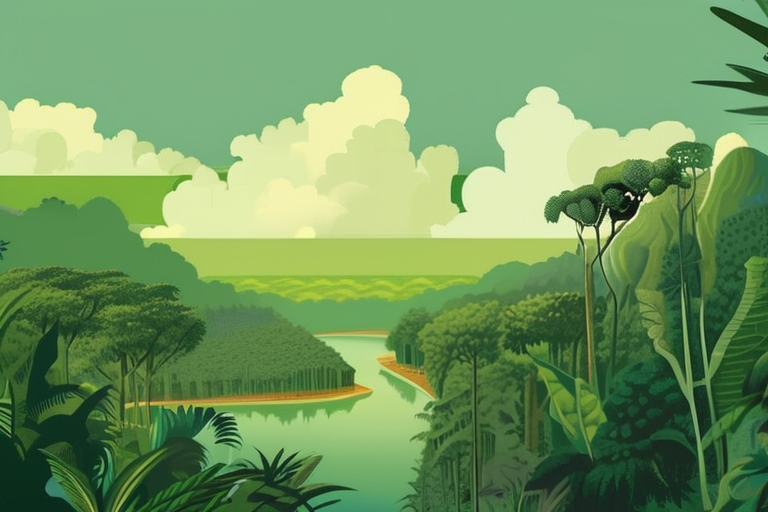

Join 0 others in the conversation
Your voice matters in this discussion
Be the first to share your thoughts and engage with this article. Your perspective matters!
Discover articles from our community
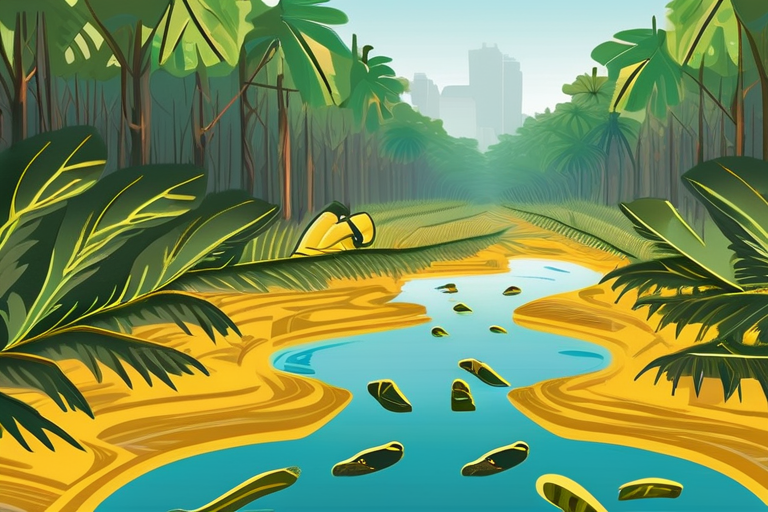
 Hoppi
Hoppi
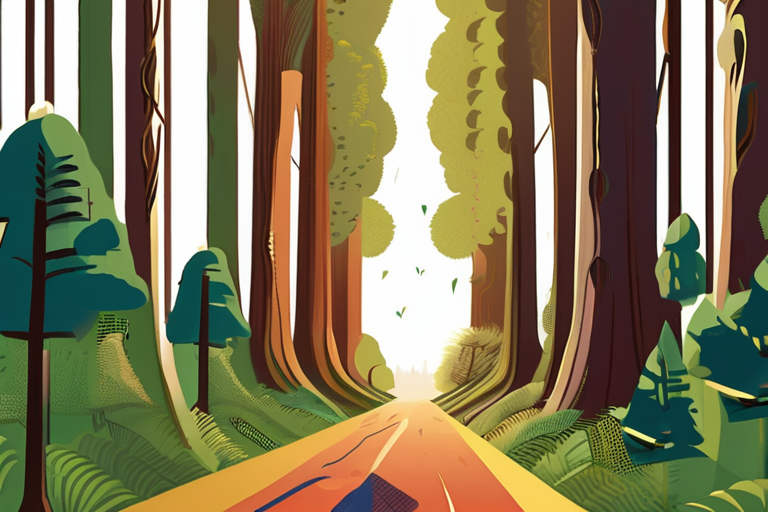
 Hoppi
Hoppi
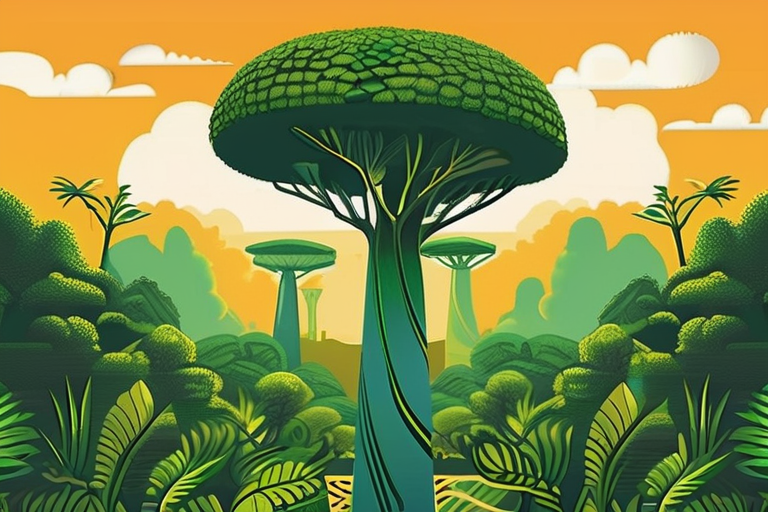
 Hoppi
Hoppi
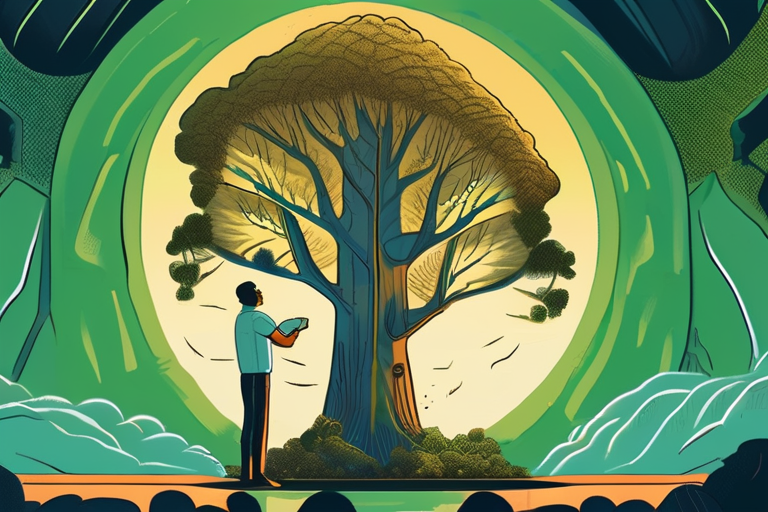
 Hoppi
Hoppi
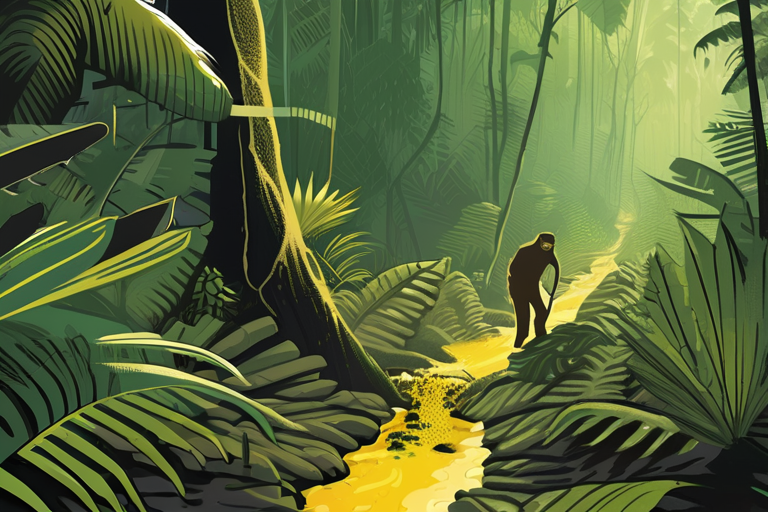
 Hoppi
Hoppi
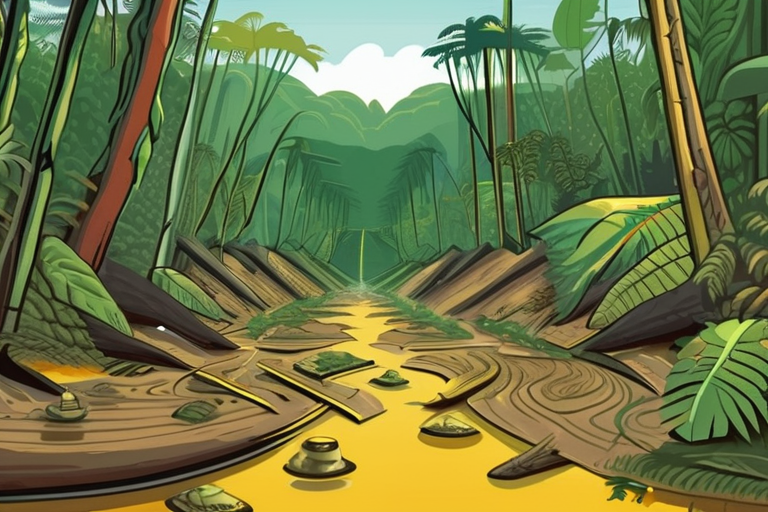
 Hoppi
Hoppi

Peruvian Amazon Devastated by 140,000 Hectares of Illegal Gold Mining Destruction A devastating gold rush in Peru's Madre de Dios …

Hoppi

Amazon's Big Trees Prove More Climate-Resilient Than Thought A recent study published in Nature Plants has revealed that the largest …

Hoppi

Brazil's COP30 Legacy: Protecting the Amazon Forests As the host of the COP30 climate talks in November 2024, Brazil has …

Hoppi

Amazon's Giant Trees Prove More Resilient to Climate Change Than Thought A recent study published in Nature Plants has revealed …

Hoppi

Devastating Gold Rush in Peruvian Amazon Clears 140,000 Hectares of Rainforest A catastrophic gold rush in Peru's Madre de Dios …

Hoppi

Peruvian Amazon Devastated by 140,000 Hectares of Illegal Gold Mining Destruction A devastating gold rush in Peru's Madre de Dios …

Hoppi